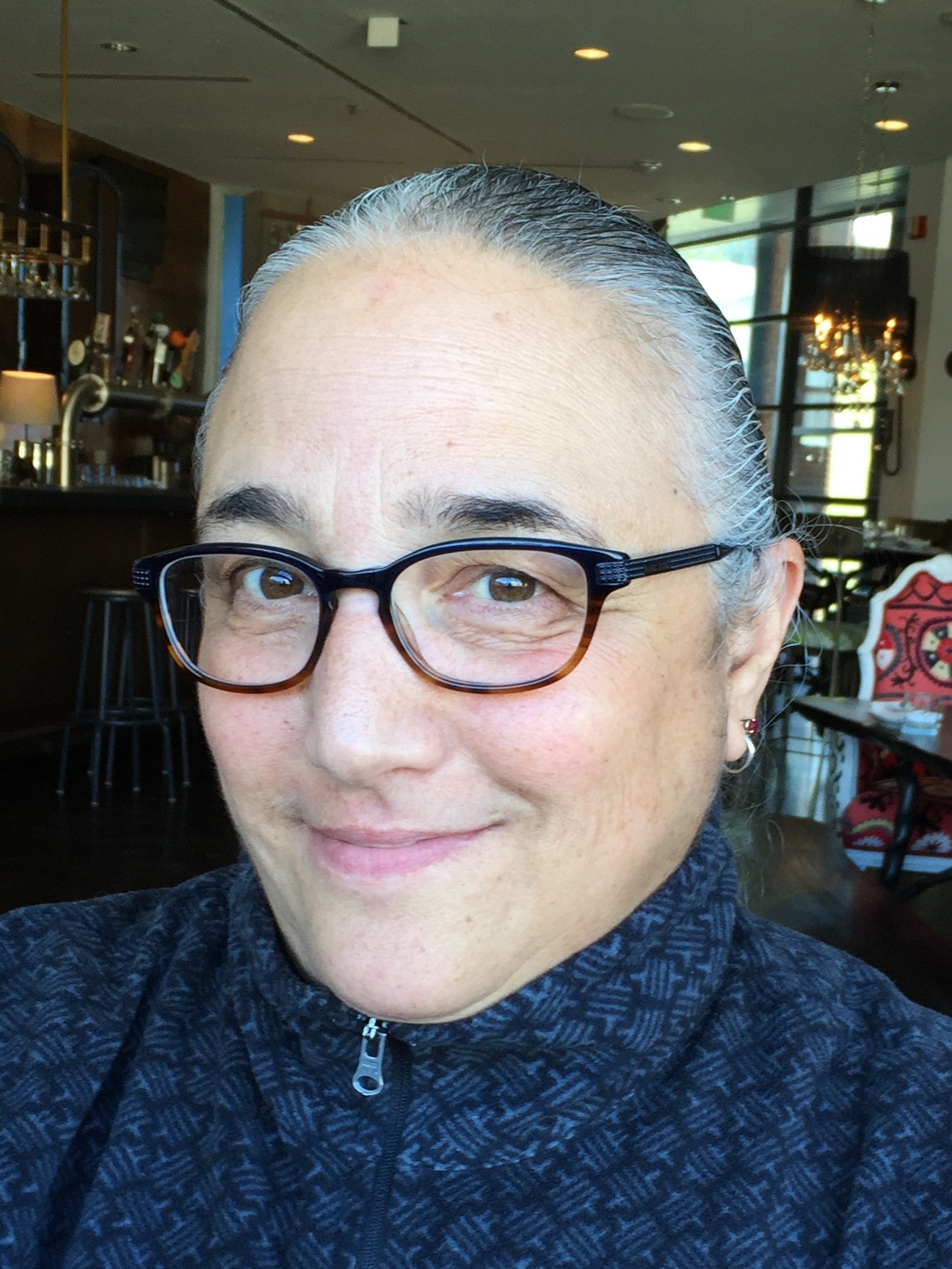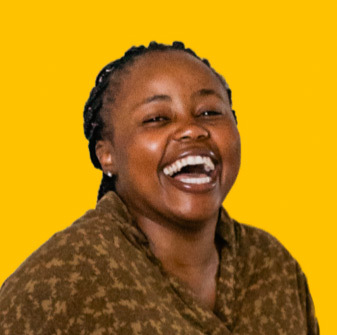Who would take care of you if you couldn’t take care of yourself? Who would be allowed to make decisions about your medical care and other affairs? Are your wishes set down in writing and legally binding?
If you don’t have answers to these questions, an upcoming Lunch & Learn workshop hosted by The LGBT Health Resource Center can help. “Don’t Give Your Power Away,” a seminar on advance medical care planning in association with FreeState Justice, is scheduled for Thursday, March 14, from 12 p.m. to 1:30 p.m. in the community room at Chase Brexton's Mt. Vernon Center, 1111 N. Charles St. in Baltimore. Anyone interested in attending or receiving more information on this upcoming Lunch and Learn workshop may RSVP to [email protected] or call 410-837-2050 extension 1049.
We asked Monte Ephraim, the workshop’s presenter, for more on what individuals need to know about advance directives.
What are advance planning and directives?
Advance care planning involves learning about the types of decisions that might need to be made, not giving your voice and power away, and considering those decisions ahead of time. It’s also about letting others know about your preferences—both your family/families of choice and your healthcare providers—and making sure they understand what you want and what you don’t want.
Why are they so important for members of the LGBT community, especially elders?
Advance planning and directives are important for all individuals, not just elders. As a tool in the LGBTQ Community, advance planning is invaluable. We are a community that too often struggles to be heard and sustain our voices in the community. This resource strengthens that voice and specifically defines what we want with dignity and respect, whether in a natural journey or in the event of an unplanned situation where we cannot speak for ourselves. Advance directives identify who we want involved and how we want them involved in advocating for our well-being.
We’ve been educating the local community about the need for advance directives for a while now. How do you feel that message has been received? Are people making plans who might not have before?
Yes! While we’re currently spreading this message in partnership with the Maryland Department of Health, the LGBT Health Resource Center has advocated for advanced planning and directives for several years, and we’ll continue to do so. As we travel the state providing this education, we continue to see how significant an issue this is in the LGBT community, and the disparities that individuals face in advocating for their medical care.
What kind of experiences have you heard about from people who did not have advance directives in place?
We have heard—and dispelled—many common myths from a cultural perspective. Some people believe that an advance directive means that medical providers will not deliver their best care. Others haven’t considered what could happen in an emergency situation, or didn’t know that drawing up these directives is a free resource. Many have told us, “wow, the conversation shifted my understanding and lens.”
If someone cannot make the session, or wants more information after attending, where should they go?
In addition to our Lunch & Learn session on March 14, we’ll be offering an advance directives workshop before the Trans vs. Bureaucracy clinic on March 26, beginning at 5 p.m. at Chase Brexton’s Mt. Vernon Center, 2nd Floor Conference Room. The LGBT Health Resource Center can offer assistance by calling 410-837-2050 ext. 1049. In addition, you can make an advance medical directive by visiting mydirectives.com, or by visiting the Maryland Attorney General’s website at tinyurl.com/MarylandAGadvance. FreeState Justice is also available to help at free-statejustice.org
To register for the upcoming Lunch & Learn Session, RSVP to [email protected] or call 410-837-2050 extension 1049. For more on the LGBT Health Resource Center’s older adult programming, visit www.ChaseBrexton.org/LGBTelders.


